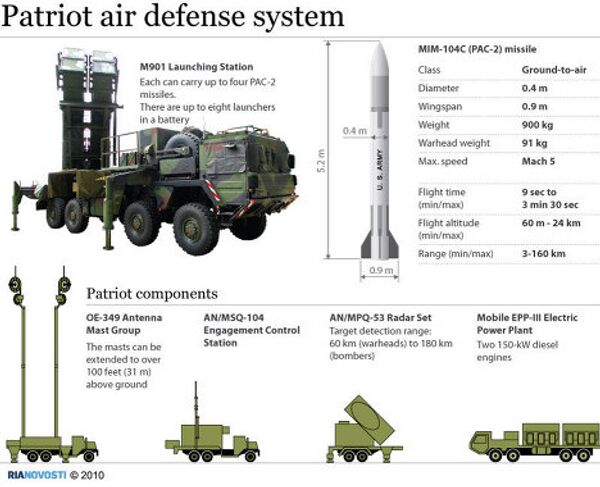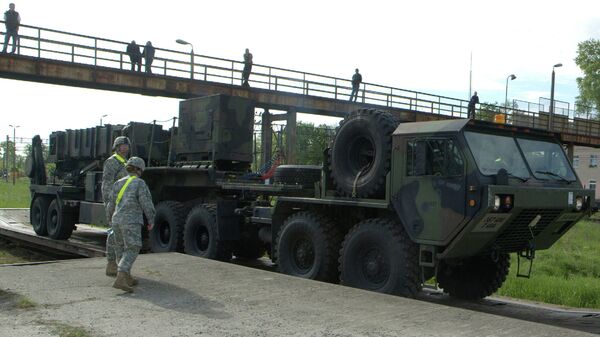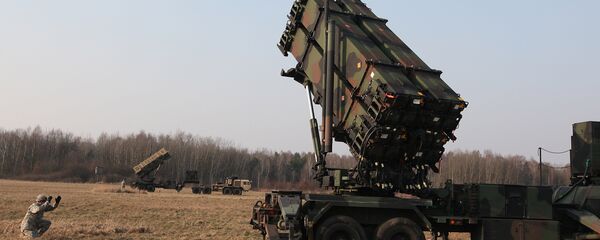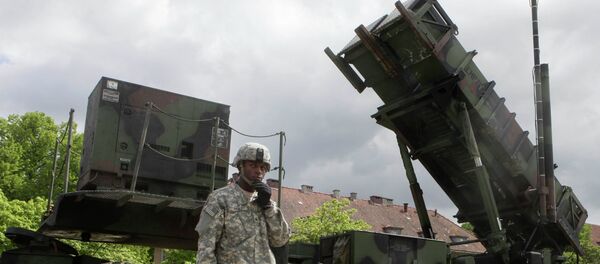According to the terms of the agreement, Poland will receive eight batteries that will cost $7.5 billion and are slated for delivery from the US by 2022. The Patriot systems will reach "operation readiness" by 2023, Polish Defense Minister Antoni Macierewicz said on Thursday.
Manufactured by Raytheon, the Patriot missile defense system consists of radars, command-and-control technology and multiple types of missiles, which can detect and destroy cruise missiles tactical ballistic missiles and aircraft at long-range and high to medium altitude.
Macierewicz specified that the systems would be equipped with the Integrated Air and Missile Defense Battle Command System (IBCS), a command-and-control system developed to deliver a better view of the battlespace.
The rockets are necessary "because of the enemy facing us, because of the Iskander missiles that threaten Poland and which must be effectively fought by Patriot missiles," Macierewicz said.

Editor-in-chief of the "National Defense" magazine Igor Korotchenko said that unlike NATO's construction of an Aegis Ashore ballistic missile defense system in Poland, the new Patriot batteries won't make a difference to the security situation in Eastern Europe.
"The Patriot system does not pose a threat, just as the Russian S-400 systems in the Kaliningrad region do not pose a threat to neighboring countries," Korotchenko said.
"This system does not represent a threat to Russia. You have to remember that despite its gradual modernization it has a number of shortcomings. Secondly, after all it is a defensive type of system and is not capable of using any type of attack missiles. If you compare it with Russia's S-400 air defense system, the Patriot is inferior in a range of parameters, in particular with regard to its mobility and ability to combat high-precision ballistic missiles," Murakhovsky said.





